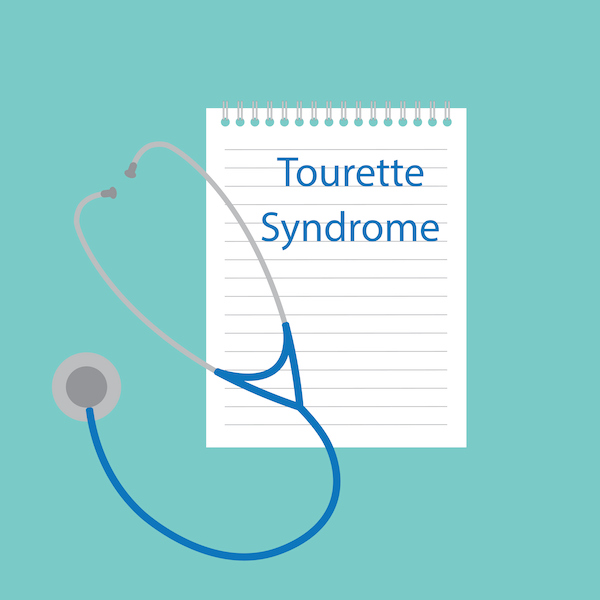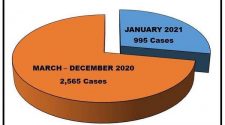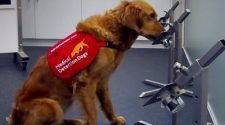Feb 28, 2022 8:00 AM
Author:
University of Utah Health Communications
Tourette Syndrome is a neurological disorder that involves abnormal extra movements, or sounds that can be sudden and unwanted. In order to make the diagnosis of Tourette syndrome, these vocal and motor “tics” should start before 18 years of age, last for at least one year, and are not caused by another underlying condition. Jumana Alshaikh, MD, a neurologist and movement disorders specialist at University of Utah Health, says average age of tic onset is usually even earlier, between the ages of 4 and 6, and they tend to peak at ages 10 to 12. Additionally, Tourette Syndrome tends to affect males more than females.
Alshaikh says that patients often have other symptoms, such as ADHD, OCD, anxiety, or depression, aside from just the abnormal excessive vocalizations and movements of Tourette Syndrome.
“Studies show that Cognitive Behavioral Intervention for Tics, or CBIT, can be very helpful in tic reduction,” Alshaikh says. Though results may vary from patient to patient, Alshaikh says Tourette Syndrome patients seeking tic treatment should begin with CBIT as behavioral therapy doesn’t cause side effects like medications potentially can. “It’s the first line of treatment if the tics are bothersome,” she says. “The main limitation with CBIT is the scarcity of therapists or health care professionals who are trained in administering this treatment.”
Is Tourette Syndrome Genetic?
“We believe there is a strong genetic predisposition in combination with environmental factors that play a role in the development of tic disorders,” Alshaikh says. “Individuals with a family history of tics are at a higher risk of developing tics than the general population. Many patients with Tourette Syndrome also report a family history of OCD or ADHD, leading to the belief that these conditions may share a common genetic predisposition with tics.”
Alshaikh says there is still a lot to learn about what causes tics, and that genetic testing is not currently available for Tourette Syndrome.
Treatment of Tourette Syndrome
CBIT includes three key elements:
- Training the patient to be more aware of the tics and specific urges that proceed them.
- Habit reversal therapy, or training patients to develop a competing behavior when they feel the urge to tic.
- Management of underlying triggers or predisposing factors such as anxiety or stress.
If CBIT is not available or not sufficient to manage bothersome tics, Alshaikh says medications can be prescribed. Some of these medications can also treat ADHD symptoms in addition to tics.
If oral medications are not adequate, other types of treatments such as botulinum toxin injections or deep brain stimulation (DBS) may be considered.
The Rule of Thirds
“As someone grows up, tics roughly follow what we call the rule of thirds,” Alshaikh says. “For a third of patients, when they become adults, the tics completely go away. For another third of patients, the tics improve. And for the last third of patients, the tics persist into adulthood.” Alshaikh says that it is difficult to predict which group someone will fall into. “Generally speaking, when tics have significantly improved, it is worthwhile to try reducing the medications being used. Patients may have outgrown their tics and may not need to be on these medications at the same doses—especially medications that can have side effects with long-term use.”
Stereotypes and Choices
In the media, Tourette Syndrome is often stereotyped as people blurting out obscenities, but Alshaikh says that phenomenon—called coprolalia—only happens in about 10 percent of cases. “Another phenomenon is copropraxia, which involves obscene gestures as a type of motor tic,” she says.
It is important to educate families, schools, and the community about the involuntary nature of tic disorders to help minimize bullying and stigma while providing support for tic patients. Alshaikh adds that if tics are not bothersome, treating them is not necessary.
More information about tics and Tourette Syndrome can be found at Tourette Association of America.















